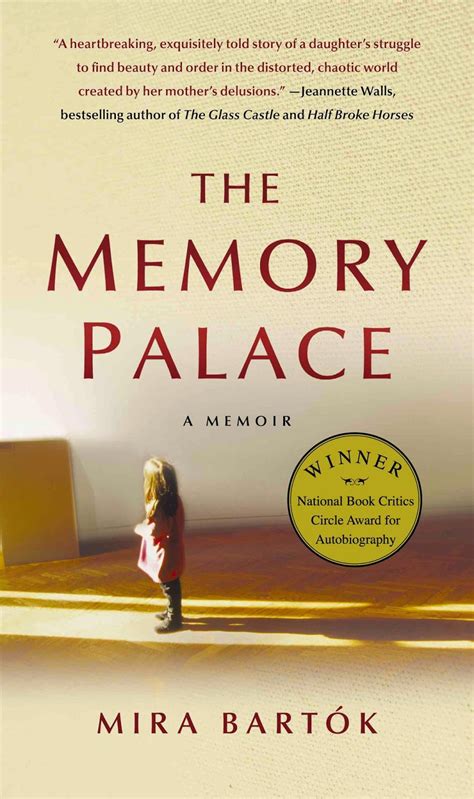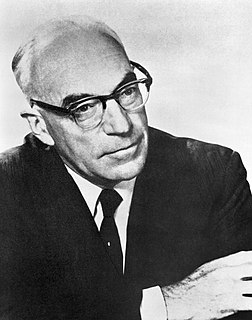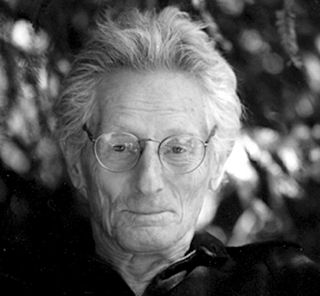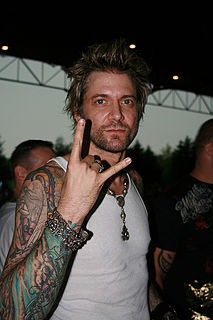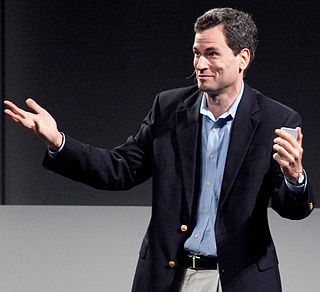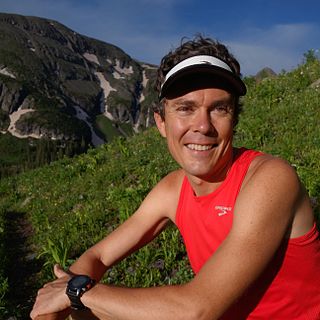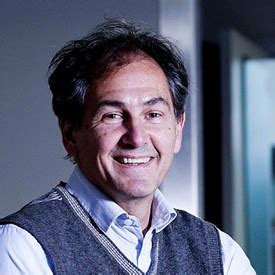A Quote by Mira Bartok
We humans are different - our brains are built not to fix memories in stone but rather to transform them, our recollections in their retelling.
Related Quotes
In our memories, there is a graveyard where we bury our dead. They all lie there together, the loved ones and the ones we hated, friends and foes and kin, with no distinction among them. We have to mourn every one of them, because our memories have made them as much a part of us as our bones or our skin. If we don't, we've no right to remember anything at all.
We suddenly feel fearful and apprehensive, naked in our perishable flesh, and for just a moment we wish we could go back to being stone—crumbling in death rather than rotting, trapped inside an immobile prison of stone rather than reduced to immaterial souls like those that now rattled within our skulls. The moment passes. There is no point in regretting irreversible decisions—one has to live with them, and we try.
Presumably there are energies, to which each human is sensitive, that we cannot yet detect by means of our instruments. Built into our brains and our bodies are very sensitive tuneable receivers for energies that we do not yet know about in our science but that each one of us can detect under the proper circumstances and the proper state of mind. We can tune our nervous systems and bodies to receive these energies. We can also tune our brains and bodies to transmit these energies.
Today, there are over 7,000 languages spoken throughout the world. They may sound different, but in every case, they're drawing on the same regions of the brain. If you had told me that stone-tool-making had something to do with our ability to speak, I would have said you've got rocks in your head, but the latest studies indicate that once Homo erectus got creative with stone, our brains were on the way to inventing the most powerful tool of all: language.
We comfort ourselves by reliving memories of protection. Something closed must retain our memories, while leaving them their original value as images. Memories of the outside world will never have the same tonality as those of home and, by recalling these memories, we add to our store of dreams; we are never real historians, but always near poets, and our emotion is perhaps nothing but an expression of a poetry that was lost.
I want to convince you that humans are, to some extent, natural born essentialists. What I mean by this is we don't just respond to things as we see them or feel them or hear them. Rather, our response is conditioned on our beliefs, about what they really are, what they came from, what they're made of, what their hidden nature is.
Of course, thanks to the house, a great many of our memories are housed, and if the house is a bit elaborate, if it has a cellar and a garret, nooks and corridors, our memories have refuges that are all the more clearly delineated. All our lives we come back to them in our daydreams. A psychoanalyst should, therefore, turn his attention to this simple localization of our memories. I should like to give the name of topoanalysis to this auxiliary of pyschoanalysis. Topoanalysis, then would be the systematic psychological study of the sites of our intimate lives.
Humans like to think of themselves as unusual. We've got big brains that make it possible for us to think, and we think that we have free will and that our behavior can't be described by some mechanistic set of theorems or ideas. But even in terms of much of our behavior, we really aren't very different from other animals.
